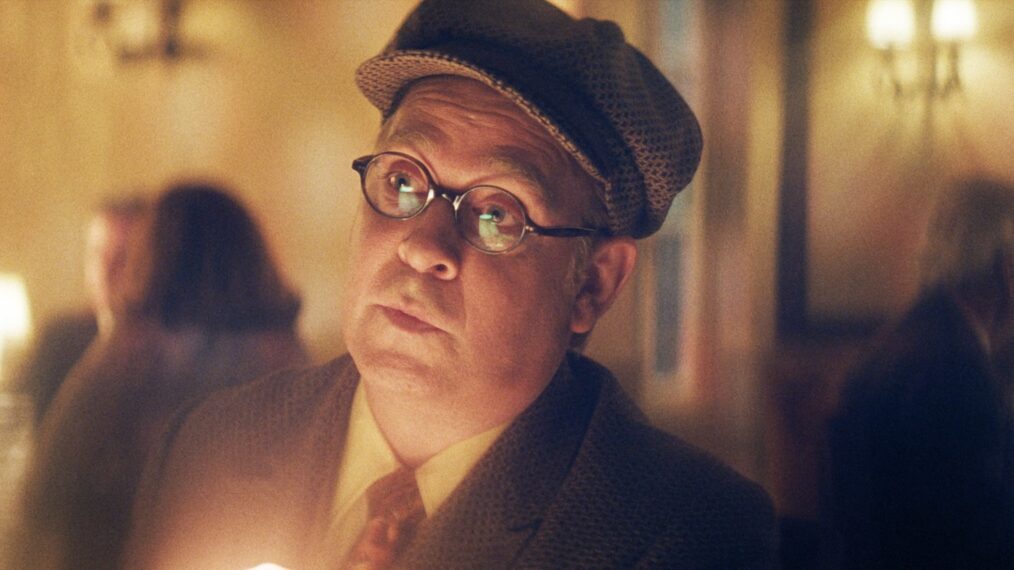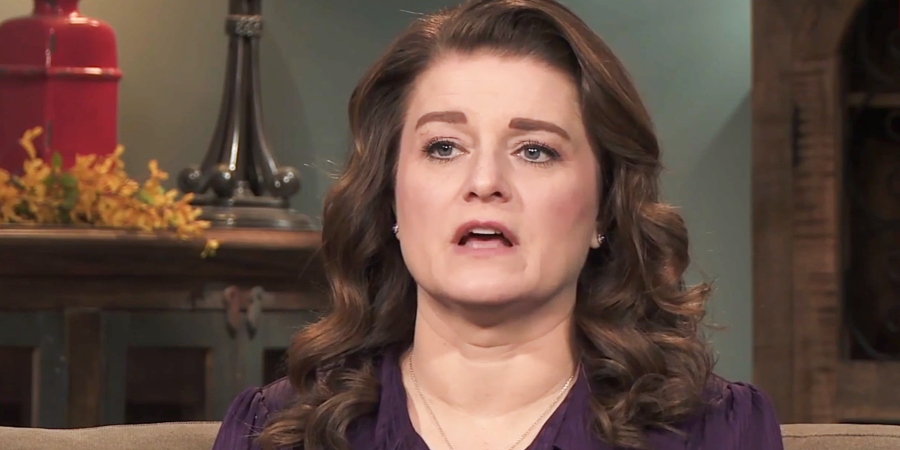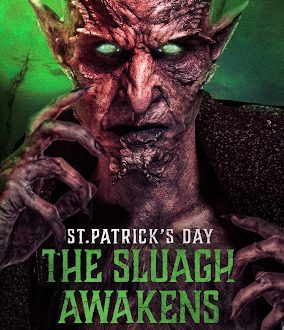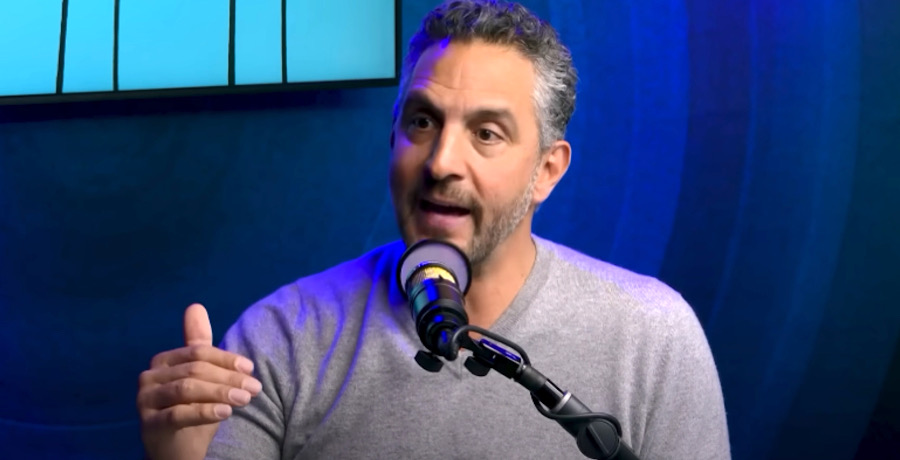[Warning: The below contains MAJOR spoilers for Feud: Capote Vs. The Swans Episode 8, “Phantasm Forgiveness.”]
Feud: Capote Vs. The Swans reached its bittersweet conclusion in the finale episode, “Phantasm Forgiveness,” as Truman Capote’s (Tom Hollander) light is extinguished.
Unable to resolve his various feuds with the remaining titular swans — Slim (Diane Lane), Lee (Calista Flockhart), and C.Z. Guest (Chloë Sevigny) — Truman decides to occupy a fantasy world in which he offers up forgiveness in exchange for acceptance from his former confidantes. While Babe (Naomi Watts) is no longer there to provide him with such a fantasy, given that she died in the prior episode, that lingering regret eats at him along with the ghost of his mother, played by the deliciously vicious Jessica Lange.
By the episode’s end, Truman has died and his ashes are being sold at auction. As the ghosts of his swans watch on, there’s a funeral feeling to it all. As for whether or not his character’s ending is fitting, Hollander tells TV Insider, “Yes, I think it was. I mean, it’s a sad tale. There’s no way around it.”
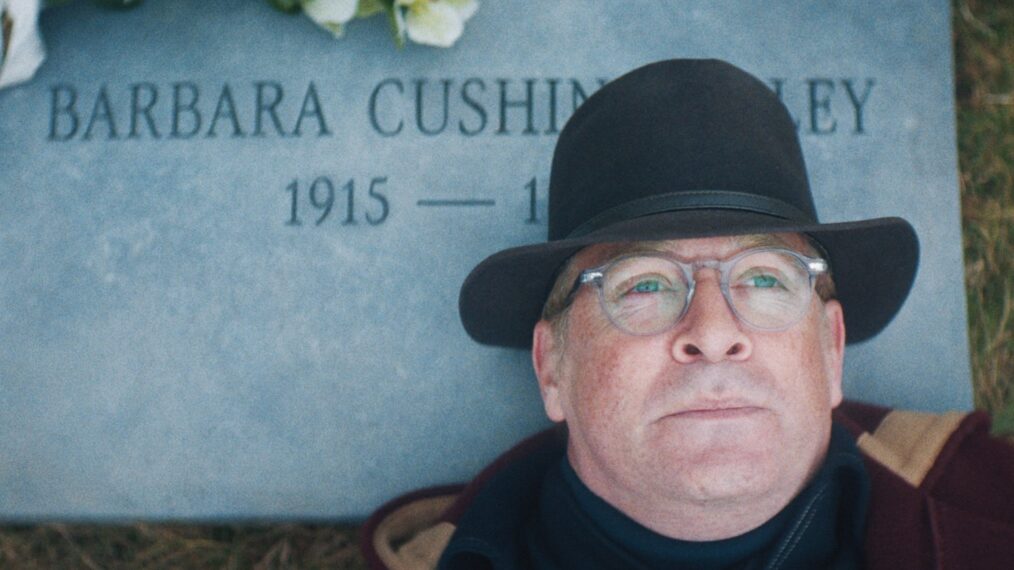
(Credit: FX)
“How do make something beautiful out of such a sad trajectory? They came up with this kind of fantasy idea that he would go around and heal and get forgiveness from all of them,” Hollander explains. “And so in the course of each one of those failed attempts, you get the fun of him smashing plates with Slim, writing Lee Radziwill’s novel for her because all their weaknesses are exposed by the way that he tries to heal them. I thought it was clever and beautiful to have those fantasies.”
In each fantasy scenario, Truman does something kind for his friends and wins them back, whether it’s helping sell a personal painting with C.Z. during a desert getaway, delivering a written novel for Lee while also helping to kill her current unfaithful beau (played by writer Jon Robin Baitz), or smashing plates with Slim, who is about to move out of New York.
“My chief memory of Episode 8 is running around the desert with Chloë in that Cadillac and dancing on tables and smashing plates with Diane and the book burning,” Hollander reveals. Despite the bittersweetness of Truman’s final chapter, Hollander describes some of the sequences as being “hilarious,” particularly behind the scenes.
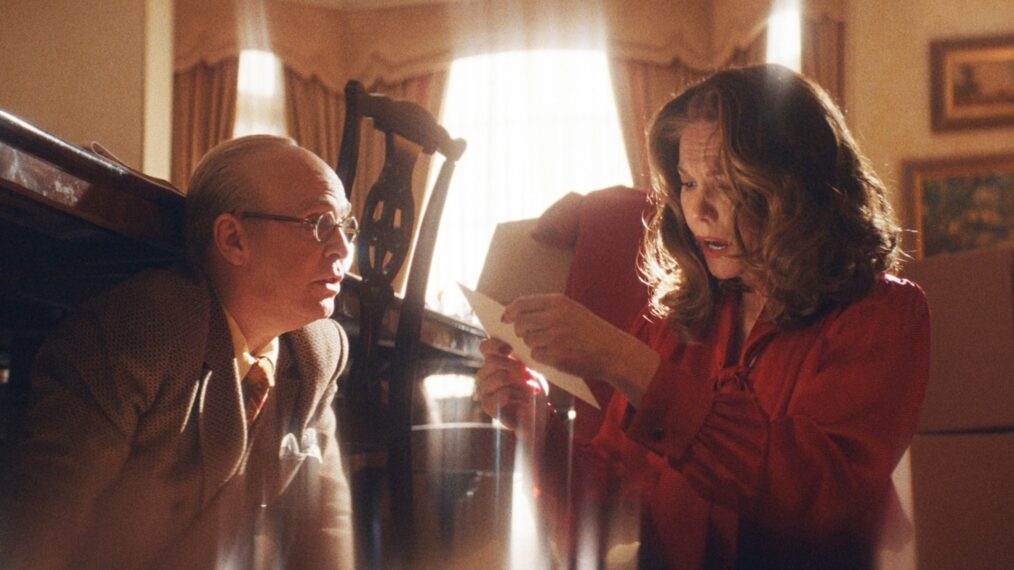
(Credit: FX)
“I found them more funny because the things you’re not shooting in sequence, you are not carrying the emotion of the show with you, not the emotion that you experienced watching it. You are playing the individual moment,” Hollander clarifies. “So the individual moment with Radziwill in La Côte Basque, I’m saying, ‘I’ve written a story for you and it’s all going to be great,’ that was funny. I thought that was just so charming. I remember sliding into the bench. I loved sliding into the bench.”
It’s also easier to have fun with it all as Hollander points out, “I was not playing emphysema drunk, cirrhosis-ridden Truman. I could skip around, and I could do anything, and I could dance on tables for hours.”
“It was a gift of the job really. I thought I could go on and on there, and I’m not in the first brush of youth,” Hollander continues, “but I didn’t feel bad.” He also reveals how much he enjoyed playing opposite Lane’s Slim. “Diane was particularly brilliant. I watched her catharsis. She had been playing Slim, who is the angriest in some ways and the most heard and also the loneliest in our show,” Hollander adds, noting that she managed to release “all her anger and range” through smashing plates. “I remember [director] Gus [Van Sant] laughing; there was a lot of laughter.”
On the darker side of things, the episode sees Truman burn his Answered Prayers manuscript as Ann (Demi Moore) watches on, and viewers get a peek into the childhood traumas he endured at the hands of his mother. “Jessica Lange came in, and she’s playing a ghost, and her issue was, how do you play a ghost? And then she just did it,” Hollander remembers. “She’s Jessica Lange, so I mean virtually every time she does anything, she gets nominated for an Oscar or she’s not really capable of being anything less than brilliant, but she was crying, ‘How do I play a ghost?’ Anyway, it’s funny, it’s sweet when you realize that everyone’s as vulnerable as everyone else.”
“Whenever she did a scene, the atmosphere would be different,” Hollander shares. “There was space around her, and it was dark. I mean, it is your mother telling you to drink. Your mother’s supposed to be the one telling you to do your best. So it’s all messed up, isn’t it? It’s all upside down.” While her ghost is a manifestation of Truman’s own demons, that doesn’t make her any less intimidating. “She’s the one that abandoned him and she’s the one that he’s trying to prove himself to.”
Whether he succeeds or not remains open to interpretation, but as Truman’s ashes go up on auction in 2016, it’s a dark ending indeed. “I mean, that’s a very strange materialistic way of measuring someone’s worth,” Hollander says. “Putting a price on the weight of their remains.”
One oddly sweet thing Hollander acknowledges is “John O’Shea’s daughter not being able to afford them.” But “that’s the point,” Hollander says. “It’s poetic.”
Feud: Capote Vs. The Swans, Streaming now, Hulu

